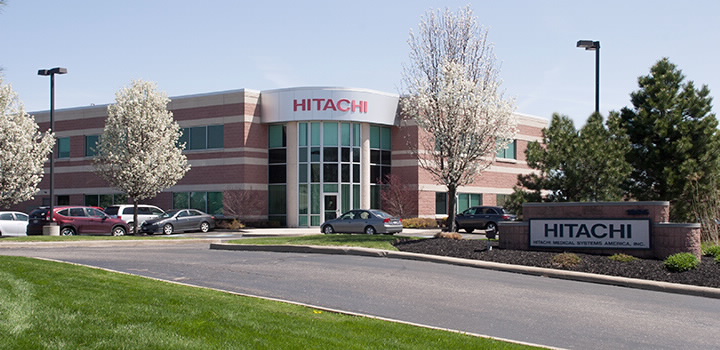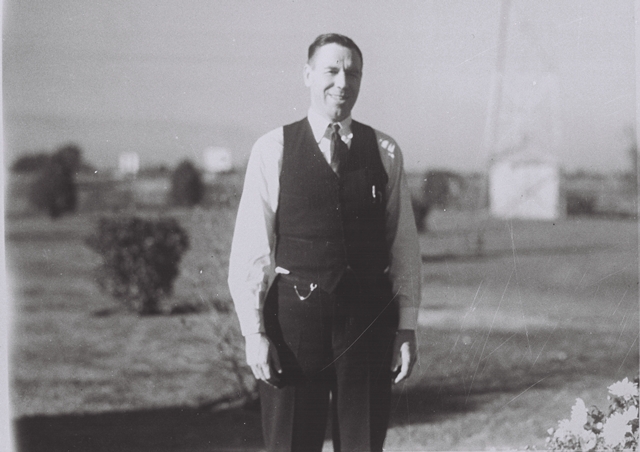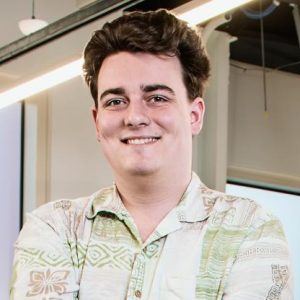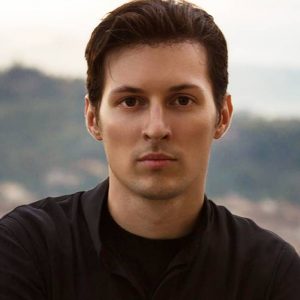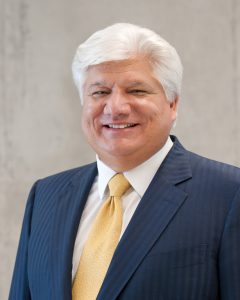Mike Cannon-Brookes & Scott Farquhar : The Accidental Billionaires From Australia
Life is better with friends, and it is best when your friendship leads you to achieve your goals. An example of similar friendship is from Australia, where two college friends achieved their mutual goals and became the Accidental Billionaires of Australia. Scott Farquhar and Mike Cannon-Brookes are the co-founders and co-CEOs of the software company Atlassian, who together started the company with the simple plan to replicate the A$48,000 graduate starting salary typical at the big corporations without having to work for someone else. But their hard work paid them beyond their imagination.
Early Life
Mike Cannon-Brookes was born in November 1979, as Michael Cannon-Brookes, to a global banking executive Mike, and his wife, Helen. He spent his childhood in Sydney and attended Cranbrook School there. On the other hand, Scott Farquhar born in the December of the same year as Mike. He was the student of James Ruse Agricultural High School in Carlingford, NSW.
After graduating from school, the two enrolled in the University of New South Wales, where they met each other the very first time. Both of them were in the same class and grew a strong bond with one another. Both received a Bachelors in Arts and also a Bachelor’s degree in Science.
Founding Atlassian
The two shared an interest in starting own software company, so they went through a lot of research and work to design, launch and run their new business. Finally, in 2002, they founded their software company with the name Atlassian. They established the company’s first office in Sydney with a $10,000 credit card debt.
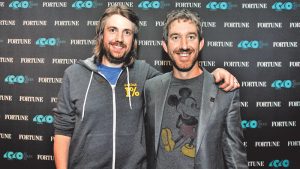
The same year, the Atlassian was launched, it released its flagship product, Jira. Jira is an issue tracker software that is used by various big and small companies for bug tracking and agile project management. In 2004, the company released another software named Confluence, written in Java. The software is a team collaboration platform that lets users work together on projects, co-create content, and share documents and other media assets.
Within four years of the founding of the company, Cannon-Brookes and Farquhar were named Ernst & Young’s Entrepreneurs of the Year for Australia, in 2006. It also raised a funding worth $60 million in venture capital from Accel Partners, in the year 2010. In the same year, the company acquired Bitbucket, a hosted service for code collaboration. Just after a year, the company announced a revenue of $102 million, followed by a $144 million revenue in 2013, and $215 million revenue in 2014. In November 2015, Atlassian produced a revenue worth $320 million.
In May 2012, the Atlassian launched its official website, that allowed the users to download plug-ins for various Atlassian products. In 2014, the company was restructured and renamed as Atlassian Corporation plc opening, an office established in London, keeping the headquarter of the company remain in Sydney. Atlassian has over 2,200 employees serving more than 60,000 customers and millions of users across the world, having its offices in five different countries.
Atlassian made its initial public offering (IPO), putting its market capitalization at $4.37 billion on the NASDAQ stock exchange, in December 2015. It has many programming-based products under its name, including Crucible, FishEye, Bamboo, and Clover. It has also tried its hands in the chat business by acquiring HipChat, an instant messenger and launching Stride, a web chat alternative to Slack, but soon quit their operations in the same. Atlassian biggest acquisitions include Trello for $425 million, in January 2017, and OpsGenie for $295m, in September 2018.
Personal Life
Mike is married to Annie Todd and has four children with her. Farquhar is married to Kim Jackson, and they have three children together. Mike and Farquhar are neighbours and live in Centennial Park, Sydney, in their lavish homes. Farquhar bought the Fairfax family’s former ancestral Sydney harbourside home worth A$75 million, in 2017, and in 2018, Mike also purchased Australia’s most expensive house for around $100million, the Fairwater, next to Farquhar’s.
The two were named among the richest Australians, aged under 40 on the BRW Young Rich list in 2007. In 2016, the two were also placed in the Forbes list of Australia’s 50 Richest people.

Yashica is a Software Engineer turned Content Writer, who loves to write on social causes and expertise in writing technical stuff. She loves to watch movies and explore new places. She believes that you need to live once before you die. So experimenting with her life and career choices, she is trying to live her life to the fullest.
